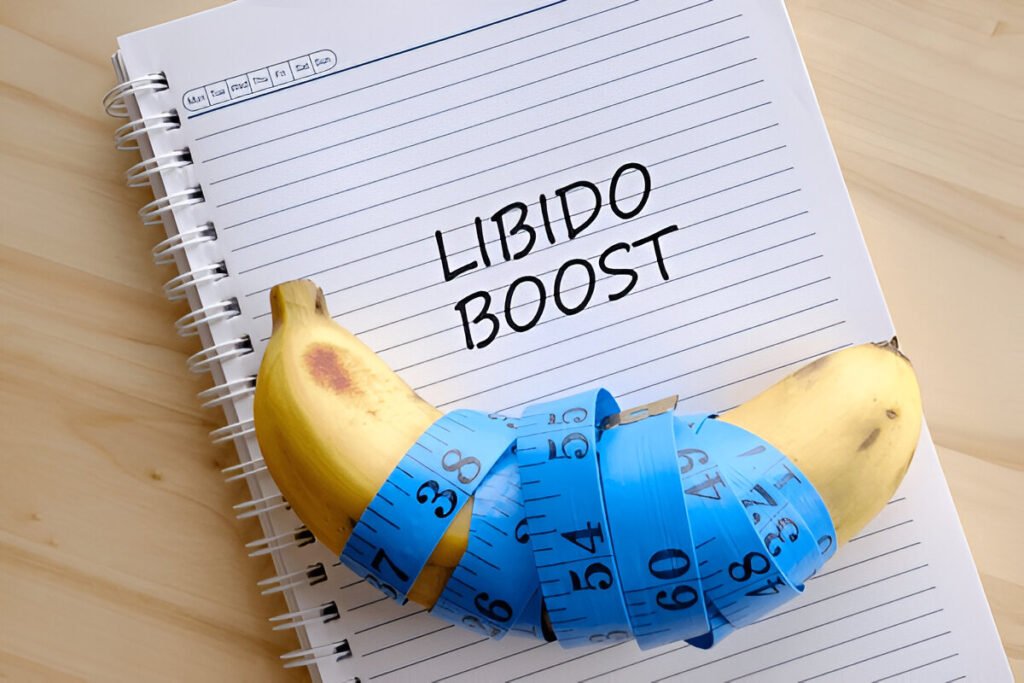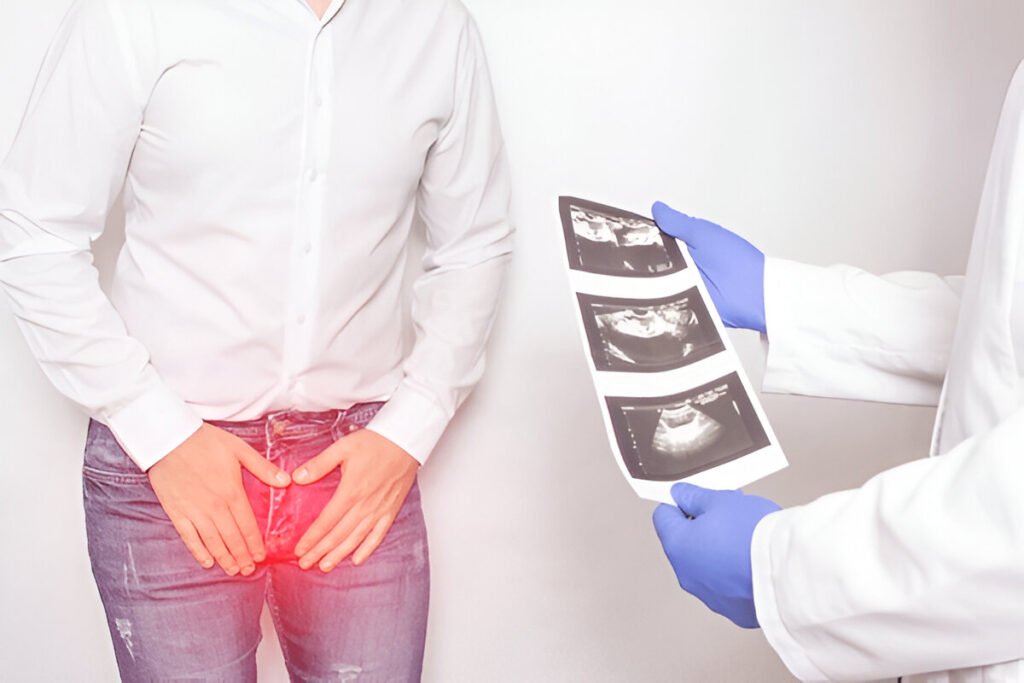Libido, or sexual desire, is vital for fostering intimacy and emotional connection in relationships, directly influencing overall well-being. A healthy libido enhances satisfaction in romantic partnerships and contributes to a fulfilling life. Understanding the various factors that affect libido empowers individuals to make informed health and lifestyle choices that promote a healthy sexual desire.
For those seeking to enhance their libido naturally, diet and exercise are key components. By focusing on nutrient-rich foods and regular physical activity, individuals can positively influence their hormone levels, energy, and mood without resorting to pharmaceuticals or invasive treatments. This guide delves into specific dietary choices and effective exercise regimens designed to naturally boost libido, offering practical strategies for improving sexual health. Enhancing libido naturally involves the following approach:
Understanding Libido
Libido is defined as an individual’s overall sexual drive or desire for sexual activity, serving as a crucial aspect of human sexuality. This drive can vary over time, influenced by a complex interplay of psychological, hormonal, and physiological factors. Understanding libido helps individuals recognize that it is not a static trait; instead, it can fluctuate based on various life circumstances and personal experiences.
Several factors can significantly impact libido. Physical health is paramount; chronic illnesses, hormonal imbalances, and certain medications can diminish sexual desire. Additionally, psychological factors such as stress, anxiety, and depression are closely linked to libido, as mental well-being plays a critical role in sexual health. Finally, the dynamics of relationships also affect libido; strong emotional intimacy, open communication, and mutual attraction can enhance sexual desire, fostering a more fulfilling sexual experience. By recognizing these influences, individuals can take proactive steps to support and improve their libido.

The Role of Diet in Enhancing Libido
Diet plays a crucial role in enhancing libido, with specific vitamins, minerals, and amino acids directly impacting sexual health. Key nutrients like zinc and vitamin E are essential for maintaining a healthy libido. Zinc is vital for testosterone production and sexual function, with foods such as oysters, beef, and pumpkin seeds being excellent sources. Meanwhile, vitamin E is an antioxidant, promoting improved blood circulation, which is crucial for sexual health. Foods rich in vitamin E include nuts, seeds, and leafy green vegetables. Additionally, the amino acid L-arginine supports blood flow and can heighten sexual arousal, making turkey, chicken, and legumes valuable additions to a libido-boosting diet.
Incorporating specific foods into your diet can significantly improve sexual desire and performance. Fruits and vegetables, particularly berries and leafy greens, are rich in antioxidants and nitrates, which enhance circulation and overall health. Avocados are another excellent choice, packed with healthy fats and vitamin E that support hormone production. Furthermore, nuts and seeds like almonds, walnuts, and flaxseeds provide essential fatty acids necessary for hormone regulation. Whole grains such as quinoa, oats, and brown rice offer sustained energy levels, enhancing endurance and stamina during sexual activity, making them important staples in a libido-boosting diet.
Conversely, certain foods should be avoided to maintain a healthy libido. Processed foods, which are often high in trans fats and sugars, can lead to hormonal imbalances that negatively impact sexual desire. Similarly, excessive consumption of sugary snacks can result in energy crashes, leading to fatigue and diminished libido. While moderate alcohol intake may help reduce inhibitions, excessive drinking can impair sexual performance and further reduce libido. By being mindful of dietary choices, individuals can foster an environment conducive to healthy sexual desire and overall well-being.
The Impact of Exercise on Libido
Regular exercise significantly impacts libido by improving various aspects of physical and mental health. One of the primary benefits is enhanced blood flow, which is essential for arousal and sexual function. Engaging in physical activity promotes cardiovascular health, resulting in better circulation throughout the body. Additionally, exercise helps to increase energy levels, allowing individuals to feel more vigorous and prepared for sexual activity. The boost in stamina gained from regular workouts can lead to improved sexual performance and endurance. Moreover, exercise plays a vital role in enhancing mood; it triggers the release of endorphins, the body’s natural mood elevators, which can alleviate stress and anxiety, both of which are known to negatively affect libido.
When considering the types of exercise that can benefit libido, a diverse approach is effective. Cardiovascular exercises, such as running and swimming are excellent choices as they directly improve heart health and blood circulation, enhancing sexual function. Strength training is another critical component; building muscle mass increases testosterone levels—an important hormone for libido—and contributes to overall physical strength. Incorporating weightlifting into your routine can be particularly beneficial. Furthermore, flexibility and stretching exercises, such as yoga and Pilates, are valuable for improving body awareness and relaxation, fostering better communication and intimacy between partners.
To reap the maximum benefits for libido, it is advisable to follow a structured exercise regimen. Aim for two or more days of strength training exercises each week in addition to at least 150 minutes of moderate aerobic exercise per week. This balanced approach ensures that the body remains active and healthy, which is vital for maintaining a robust libido. Consistency in exercising not only promotes improvements in sexual desire but also enhances overall health and well-being, making it an essential aspect of a healthy lifestyle.

Lifestyle Factors Affecting Libido
Lifestyle factors play a crucial role in influencing libido, with stress management being one of the most significant. Chronic stress can lead to hormonal imbalances that negatively affect sexual desire, making it vital to engage in relaxation techniques to alleviate stress. Practices such as deep breathing, meditation, and tai chi not only help reduce anxiety but also promote a sense of calm that can enhance sexual desire. Additionally, incorporating mindfulness and meditation into daily routines can foster mental clarity and emotional stability, creating a positive mindset that is conducive to improved libido.
Another essential aspect of lifestyle that impacts libido is sleep hygiene. Poor sleep quality can result in fatigue, irritability, and hormonal imbalances, all of which can diminish sexual desire. Establishing a regular sleep schedule is crucial for maintaining consistent energy levels. Creating a calming bedtime routine—such as limiting screen time, practising relaxation exercises, or reading—can help signal the body that it’s time to wind down. Furthermore, ensuring that your sleep environment is conducive to rest—keeping it dark, quiet, and cool—can significantly improve sleep quality and, in turn, support a healthy libido.
Hydration is also a key factor in maintaining libido. Adequate hydration is essential for sustaining energy levels and supporting overall bodily functions. When dehydrated, individuals may experience fatigue, which can lead to decreased sexual desire. It is important to drink sufficient water throughout the day, particularly during exercise when fluid loss is higher. By prioritizing hydration, individuals can support their physical health, ensuring they have the energy and stamina necessary for a fulfilling sex life. Implementing these lifestyle factors can create a supportive environment for enhancing libido and overall sexual well-being.
Conclusion
Enhancing libido naturally requires a comprehensive approach that encompasses a balanced diet rich in essential nutrients, regular physical activity, and lifestyle modifications that prioritize mental and emotional well-being. By focusing on these interconnected aspects, individuals can create an environment conducive to healthy sexual desire, addressing both physical and psychological factors that influence libido.
For those looking to improve their sexual health, it is essential to make gradual, sustainable changes to dietary and exercise habits. Emphasizing whole, nutrient-dense foods while incorporating regular physical activity can significantly contribute to increased libido. Small adjustments, such as incorporating more fruits, vegetables, and healthy fats, along with consistent exercise, can yield positive results over time.
If low libido persists despite implementing these lifestyle changes, it is important to consult a healthcare professional. They can offer personalized guidance and help identify any underlying medical conditions that may be affecting sexual desire. Seeking professional advice ensures that individuals receive the support they need to navigate their sexual health effectively, paving the way for a more fulfilling and satisfying intimate life.





